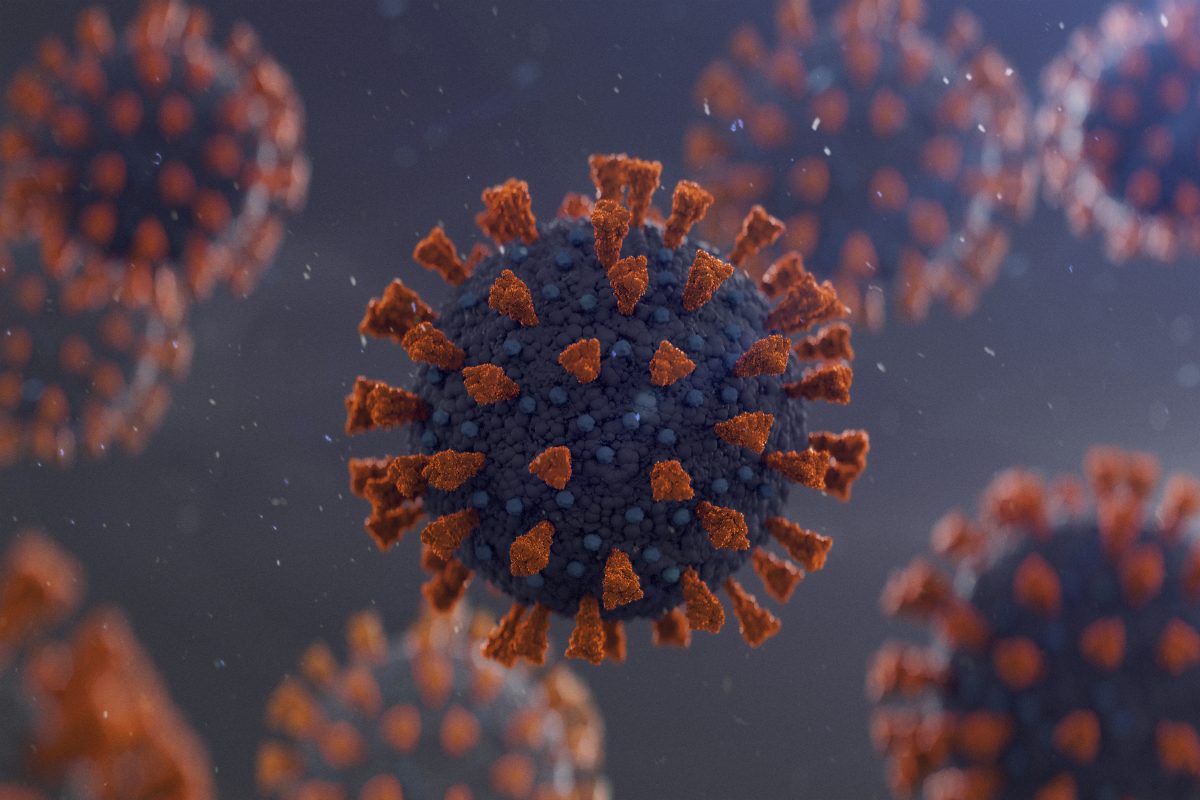The Office of the Vice President for Research (OVPR) recently announced a new internal funding program to support researchers at all of UConn’s campuses who are using their expertise in fields as diverse as wastewater and chemosensory testing to find novel solutions to help the nation and the world address this crisis. The program will award up to $50,000 to recipients.
The OVPR awarded five awards to researchers from UConn and UConn Health:
James Cole, College of Liberal Arts & Sciences, Departments of Molecular and Cell Biology, $43,439
Targeting the Endoribonuclease of Coronaviruses
Co-PIs: Mark Peczuh, Chemistry
Bahram Javidi, School of Engineering, Department of Electrical and Computer Engineering, $49,999
Compact Field Portable Biophotonics Instrument for Real-Time Automated Analysis and Identification of Blood Cells Impacted by COVID-19
Changchun Liu, Schools of Engineering and Dental Medicine, Department of Biomedical Engineering, $49,149
Rapid and Ultrasensitive SARS-CoV-2 Detection in Wastewater by Smartphone
Co-PIs: Maroun Sfeir, Pathology and Laboratory Medicine
Rachel O’Neill, College of Liberal Arts & Sciences, Department of Molecular and Cell Biology, $50,000
An integrated surveillance program for improved detection, containment and mitigation of COVID-19
Co-PIs: Kendra Maas, UConn MARS; Joel Salisbury, Digital Media and Design; Michael Vertefeuille, UConn Digital Media and Design; Suzanne Onorato, UConn Student Health and Wellness; Mike Jednak, Facilities Operations; Jessica Healthcote, Information Technology Services; Emily Wilson, Center for Land Use Education and Research; Dan Schwartz, COR2E
Penghua Wang, School of Medicine, Department of Immunology, $50,000
Elucidation of E3 ligases in SARS-CoV2 pathogenesis
Co-PIs: Anthony Vella, Immunology; Tingting Geng, Immunology; Duomeng Yang, Immunology
In addition to these five awards, the OVPR has decided to rapidly launch a second funding cycle to provide additional support for promising projects.
This second funding cycle is expanded in scope. Researchers with proposals for earlier-stage COVID-19 seed projects, small scale pilot projects, projects related to the social and medical impact of COVID-19, and other relevant topics are encouraged to apply. The OVPR anticipates funding an additional 10 awards of up to $10,000 each.
“Many researchers at UConn and UConn Health came forward with promising ideas to tackle this virus,” says UConn Vice President for Research, Innovation and Entrepreneurship Radenka Maric, PhD. “We are hopeful that these two cycles of UConn COVID-RSF will help advance as many research projects as possible to help address this crisis and support citizens in our state and the nation.”
The UConn COVID-19 Rapid Start Funding Program (COVID-RSF) follows the example of several federal funding agencies that are providing emergency support to address key scientific problems related to the detection, diagnosis, treatment, and prevention of COVID-19.
The program aims to fund high-impact projects that will be ready to launch in a short period of time in areas that have been identified by funding agencies like the National Institutes of Health as high priority. These include, but are not limited to, wastewater detection of SARS-COV-2, novel biosensing from skin and mouth, surveillance methods for high risk populations, automatic detection and tracing, use of artificial intelligence, and data management.
The UConn COVID-RSF program has an expedited submission schedule to quickly address this urgent societal need. Researchers interested in applying should submit proposals no later than Friday October 16, 2020 at 12PM EST. Award notices are expected to be issued by October 30, 2020 and awards will be issued by November 1, 2020, upon completion of compliance review.
To learn more, visit the UConn COVID-RSF website.



